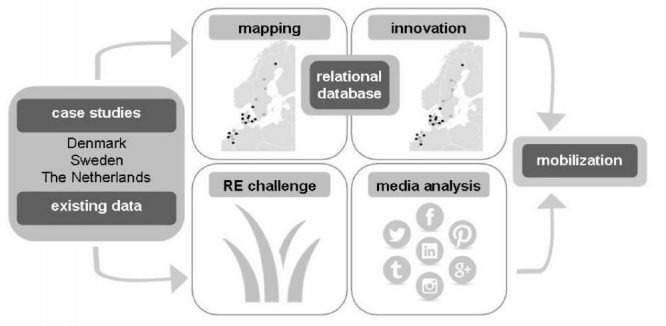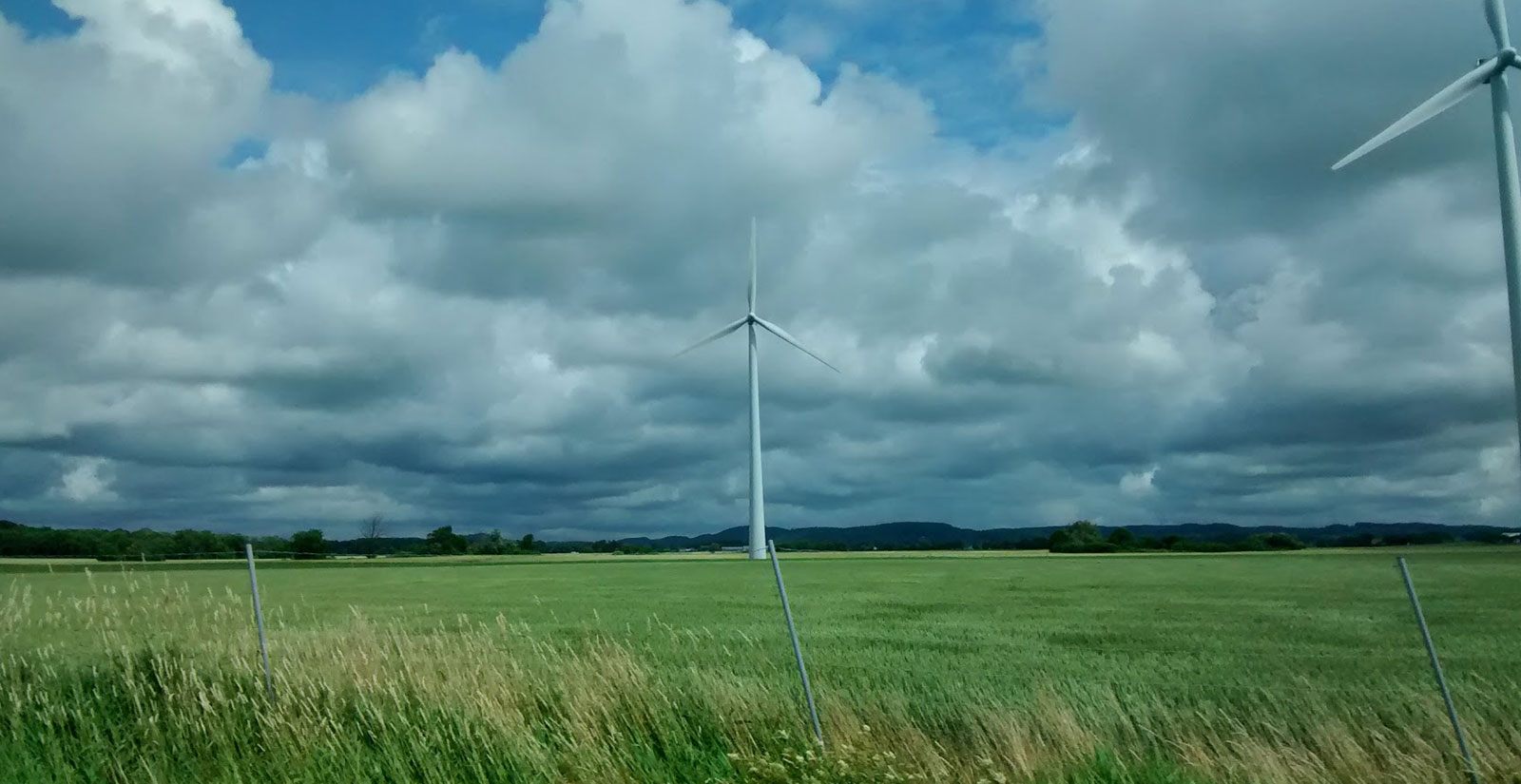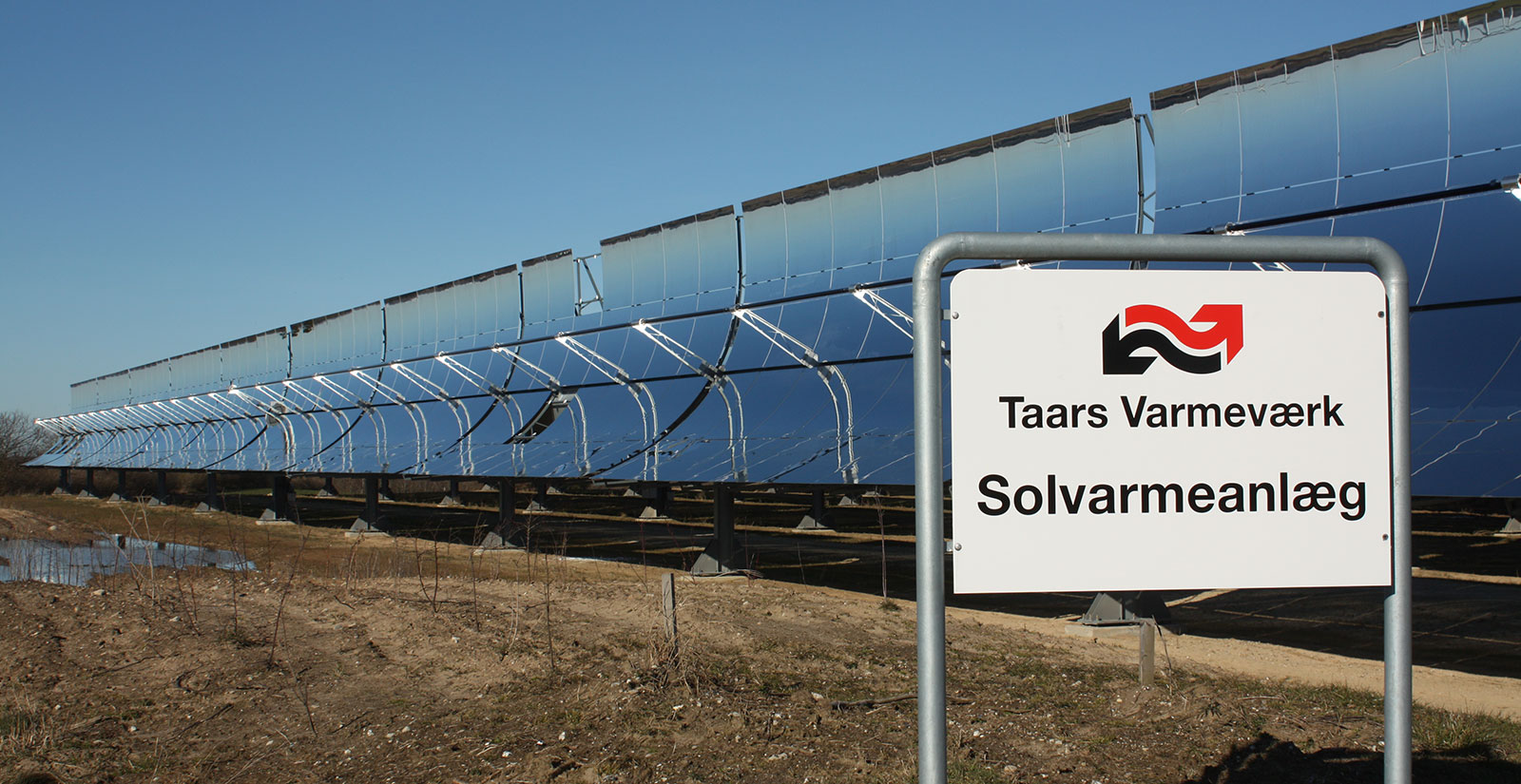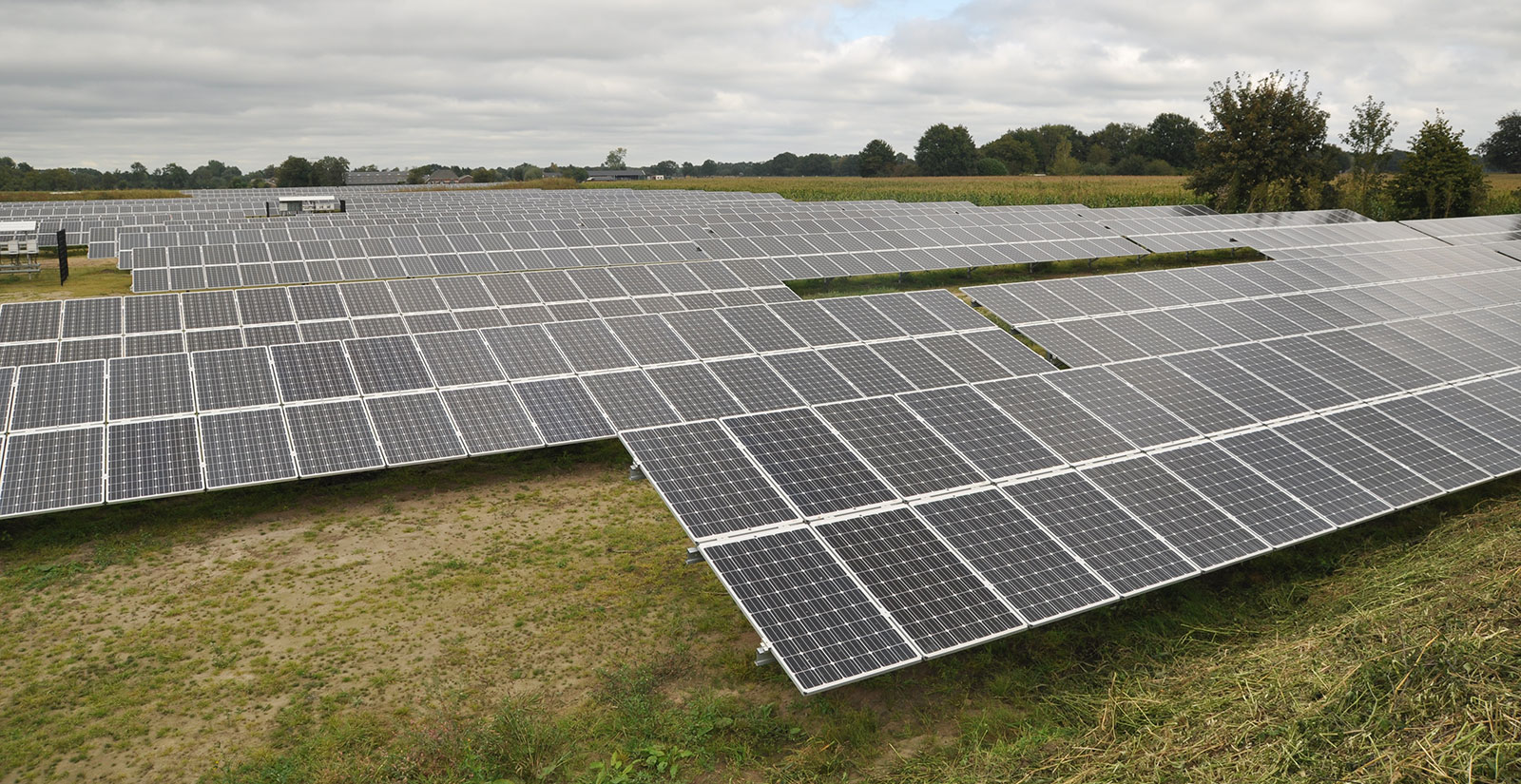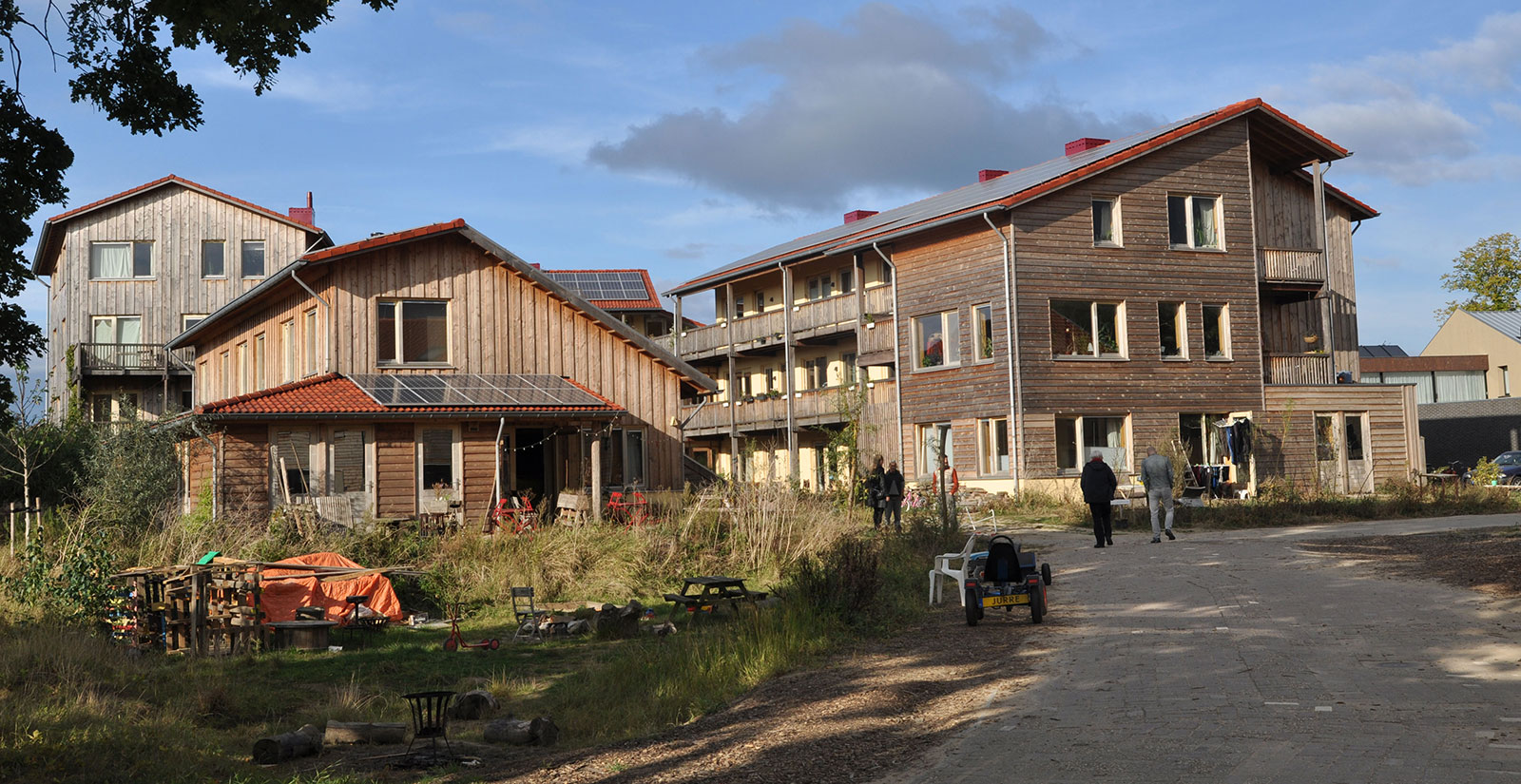These ‘grassroots innovations’ (GIs) are diverse and vary from cooperatives, citizen groups, businesses to local governments. As ‘bottom up’ initiatives, they have an important potential, yet much of it remains untapped due to regulatory, economic and political constraints. To overcome this, GIs connect to each other in order to exchange knowledge, marshal public support and forge political alliances. This project studies these connections using different methods: mapping techniques and digital methods, content analysis of media items and policy statements, in-depth case studies and international comparison. The project also provides hands-on knowledge for fostering networking and enhancing critical mass.
Three countries are explored manifesting different kinds of barriers and, consequently, different characteristics within the GI’s: Denmark, with a traditional strong grassroots impact which are increasingly absorbed by large business interests, Sweden, in which GIs are marginalised by the dominance of local authorities, and the Netherlands, where despite the strong wish to benefit from GIs, more radical forms of change remain countered by vested interests. International learning between these countries result in learning concerning strategies or aims, but also on technicalities and targets. Research and stakeholder engagement will focus, in particular, on the potential capacity of GIs to provoke radical change in the search for sustainable energy transitions.
